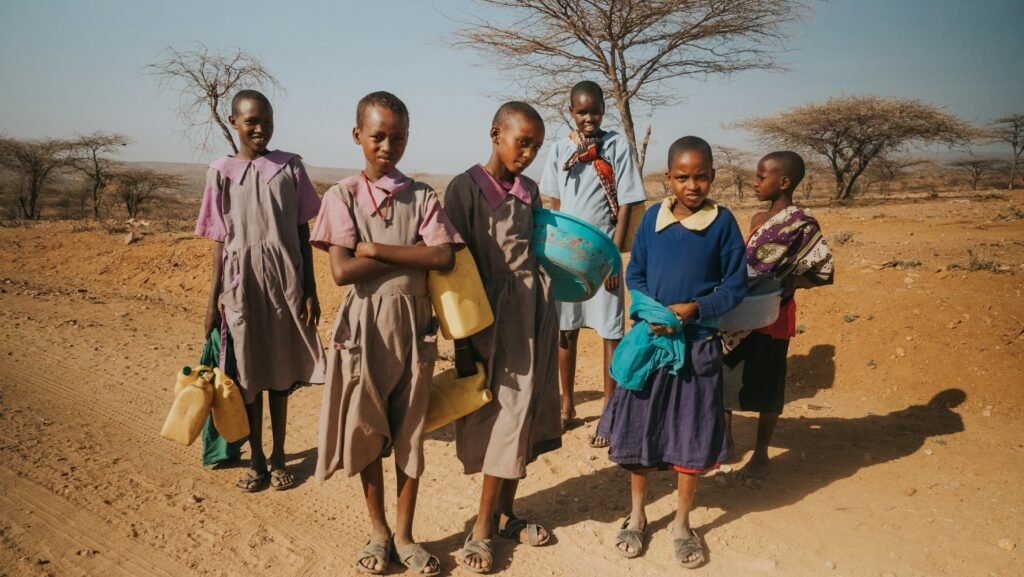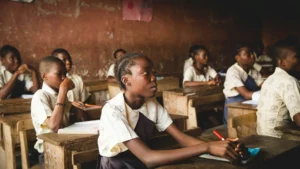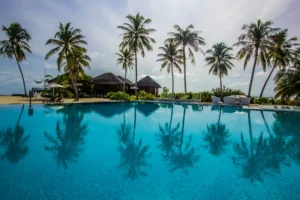Access to clean and safe drinking water is a fundamental human right, yet for millions of people across Africa, this right remains out of reach. The continent, rich in natural resources, faces a dire water crisis that threatens the health, livelihoods, and future of its people. Despite significant progress in some areas, the challenge of providing universal access to clean drinking water persists, exacerbated by rapid population growth, climate change, and inadequate infrastructure.
The Scale of the Crisis
According to the World Health Organization (WHO) and UNICEF, nearly one in three people in Africa lacks access to safe drinking water. In Sub-Saharan Africa, the situation is even more alarming, with over 400 million people relying on unsafe water sources, such as rivers, ponds, and unprotected wells. These sources are often contaminated with pathogens and pollutants, leading to widespread waterborne diseases such as cholera, dysentery, and diarrhea. In fact, these diseases are among the leading causes of death in children under five in the region.
Root Causes of the Water Problem
Several factors contribute to Africa’s drinking water crisis. One of the most significant is inadequate infrastructure. In many parts of Africa, water delivery systems are outdated, poorly maintained, or nonexistent. Rural areas, home to the majority of the population, are particularly affected, as they are often left out of national development plans. Urban areas, though better served, struggle with aging infrastructure that fails to keep up with the growing population.
Climate change is another critical factor exacerbating the water scarcity in Africa. Increasing temperatures, erratic rainfall patterns, and prolonged droughts have reduced the availability of freshwater resources. In some regions, the drying up of rivers and lakes has forced communities to walk longer distances in search of water, placing a significant burden on women and children, who are traditionally responsible for water collection.
Furthermore, rapid population growth, especially in urban areas, has intensified the demand for water, outstripping the available supply. Many cities are experiencing water stress, where the demand for water exceeds the available resources. This situation is expected to worsen as Africa’s population continues to grow, projected to double by 2050.
The Human Impact
The lack of access to clean drinking water has devastating effects on communities across Africa. Health is the most immediate concern, with millions of people suffering from preventable diseases due to contaminated water. The economic impact is also significant. Time spent collecting water, often several hours each day, reduces the time available for education and income-generating activities, perpetuating the cycle of poverty.

Moreover, the water crisis disproportionately affects women and girls, who bear the brunt of water collection duties. The long journeys to fetch water not only consume valuable time but also expose them to the risk of violence and sexual assault. Girls often miss school because they must help their families with water collection, leading to lower educational attainment and limiting their future opportunities.
Solutions and the Way Forward
Addressing Africa’s water crisis requires a multifaceted approach. Investment in water infrastructure is paramount. Governments, in collaboration with international donors and the private sector, must prioritize the construction and maintenance of water supply systems, especially in rural areas. Innovative solutions, such as solar-powered water pumps and rainwater harvesting systems, should be explored to provide sustainable water sources.
Strengthening governance and ensuring the equitable distribution of water resources is also crucial. Corruption and mismanagement have long plagued the water sector in many African countries, leading to inefficiencies and unequal access. Transparent and accountable management of water resources is essential to ensure that all communities have access to safe drinking water.
Education and awareness campaigns are vital in promoting water conservation and hygiene practices. Communities need to be empowered with knowledge on how to protect and manage their water sources to prevent contamination. Involving local communities in water management decisions can lead to more effective and sustainable solutions.
Finally, tackling climate change must be at the forefront of efforts to secure Africa’s water future. Mitigating the effects of climate change through reforestation, sustainable agriculture, and reducing carbon emissions will help preserve the continent’s water resources.
Conclusion
The drinking water crisis in Africa is a profound challenge that demands immediate and sustained action. The stakes are high: the health, prosperity, and future of millions of people are at risk. While the task ahead is daunting, it is not insurmountable. With concerted effort, innovative solutions, and a commitment to equity and sustainability, Africa can overcome this crisis and ensure that all its people have access to the clean and safe drinking water they deserve. The time to act is now.




















